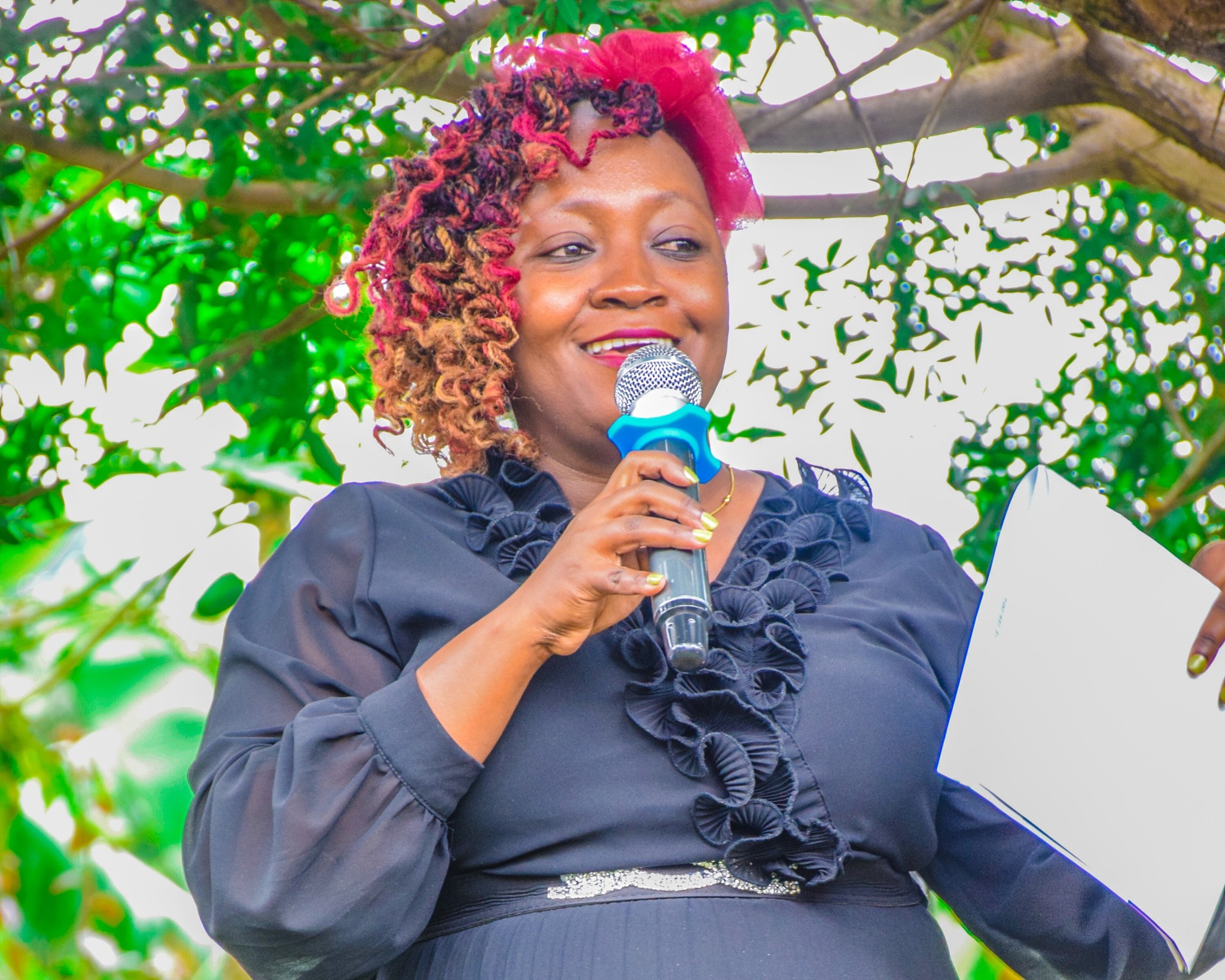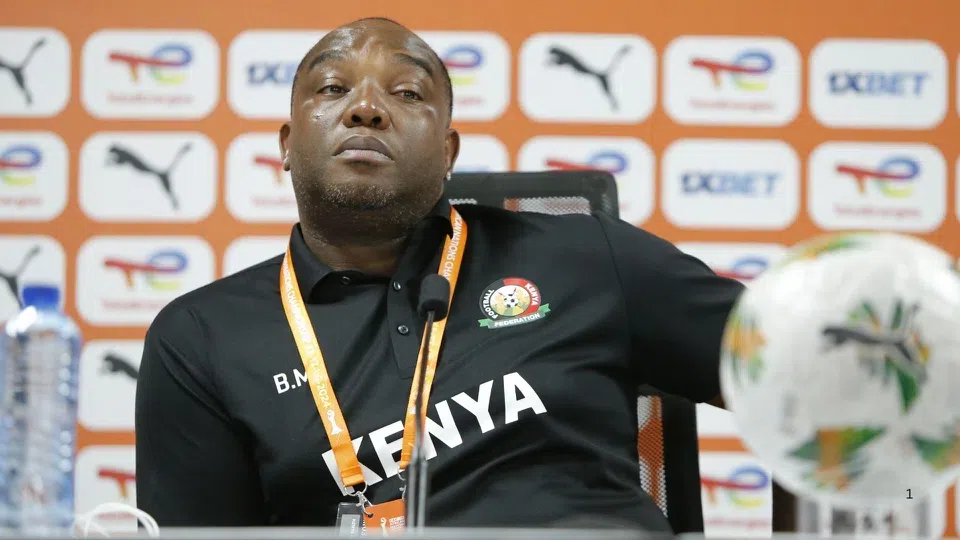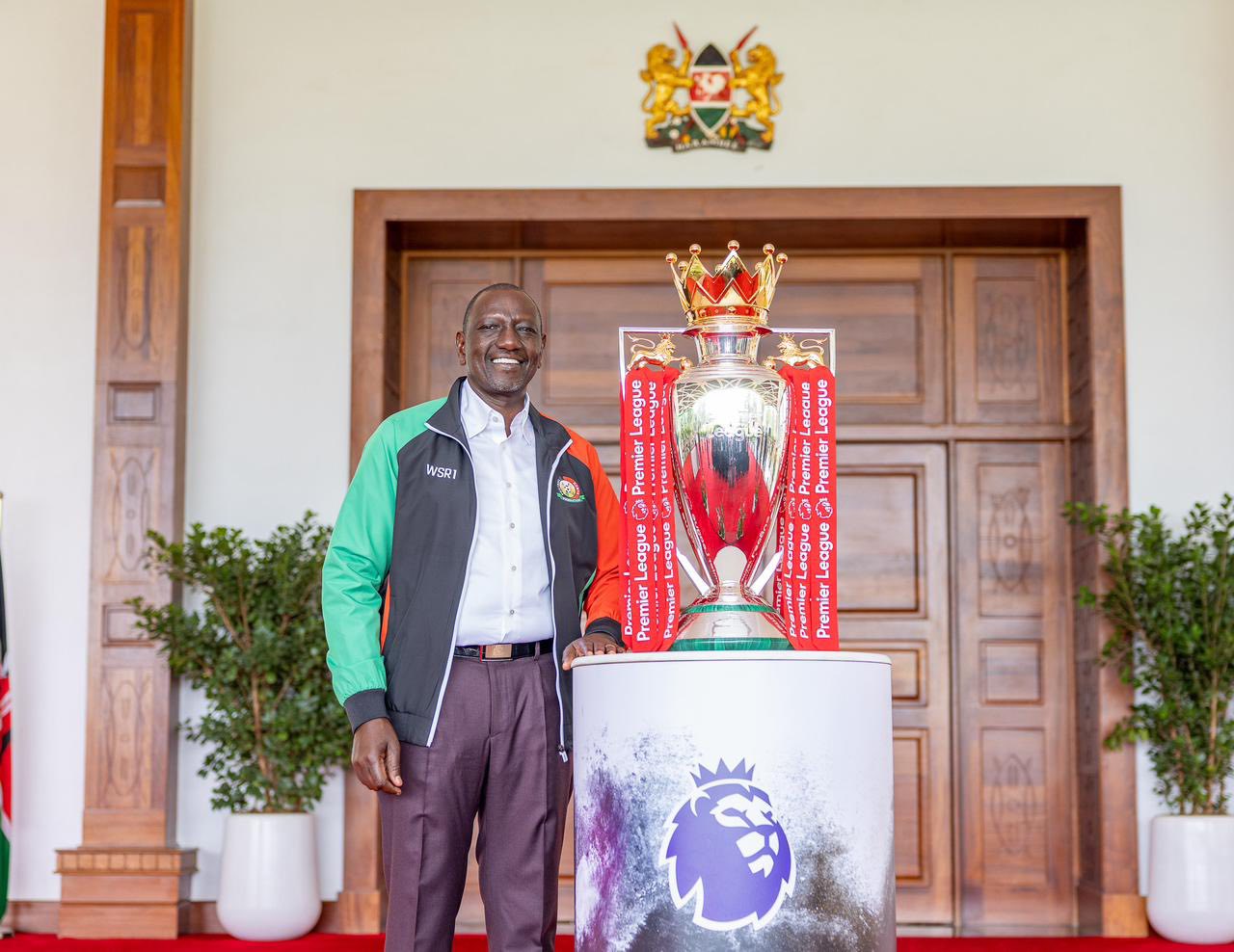Durham University Professor Leads Global Study on Raila Odinga’s Life & Political Influence
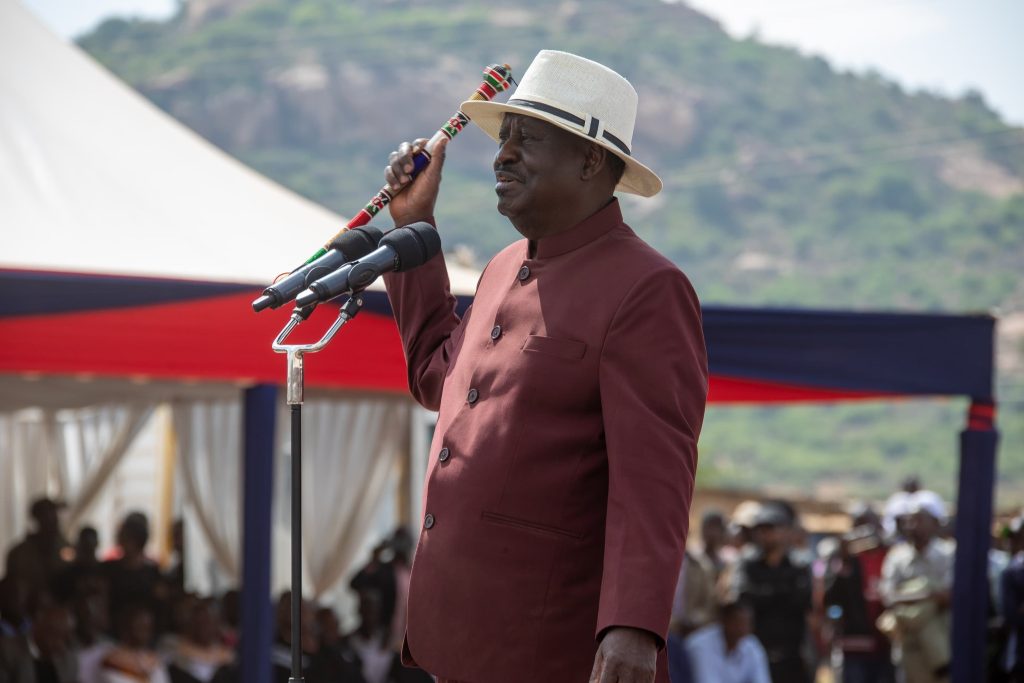
At Durham University in northern England, the story of Raila Amollo Odinga is being revisited by historians determined to capture his impact on Kenya’s political evolution. Professor Justin Willis, a leading historian at the university’s Department of History, has joined an international team of scholars examining the late leader’s decades-long fight for democracy and reform.
The research explores how Raila’s political journey helped redefine Kenya’s democratic landscape, with experts observing that his death “will create a political vacuum that other leaders will struggle to fill.”
Who Is Professor Justin Willis and Why Is He Leading the Study?
Durham University, founded in 1832, is the third-oldest university in England after Oxford and Cambridge. Its Department of History ranks fourth in the UK according to the Complete University Guide 2025. Professor Willis, a Chevalier of the Ordre des Palmes Académiques, has built his academic career around studying identity, power, and governance in East Africa.
His past research projects have examined elections in Kenya, Ghana, and Uganda, as well as the evolution of savings and cooperatives across the continent. The current study focuses on Raila Odinga’s enduring political influence, from his early days as an opposition activist and democracy advocate to his central role in shaping Kenya’s 2010 Constitution, which transformed governance structures nationwide.
Although Raila never assumed the presidency, his reformist vision and political resilience made him one of the most consequential figures in Kenya’s modern history.
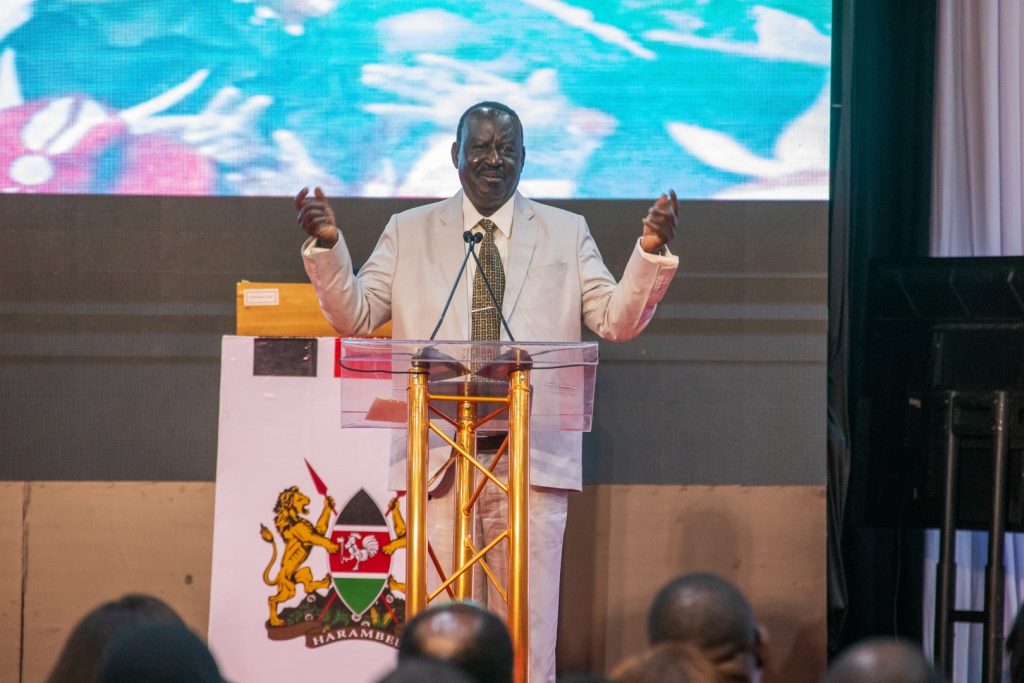
How Will Germany’s Magdeburg University Honour Raila Odinga?
In a related development, Otto von Guericke University Magdeburg in Germany, where Raila studied mechanical engineering between 1965 and 1970, has announced an academic exchange programme in his honour.
During a visit to Kenya’s Embassy in Berlin, University President Professor Dr.-Ing. Jens Strackeljan expressed condolences to the Kenyan people and presented a commemorative plate to Ambassador Stella Mokaya for delivery to the Odinga family. Strackeljan described Raila as “a great engineer and bridge-builder,” crediting his technical training in Magdeburg for shaping his pragmatic leadership style.
Ambassador Mokaya praised the initiative as a fitting tribute, noting that Raila’s engineering background significantly influenced his structured approach to governance and reform.
Born in 1945 in Western Kenya, Raila followed in the footsteps of his father, Jaramogi Oginga Odinga, Kenya’s first vice president. His transformation from engineer to reformist politician reflected resilience and conviction. Through electoral losses, imprisonment, and national unity efforts such as the 2018 handshake with then-President Uhuru Kenyatta, Raila remained committed to dialogue and democratic progress.
By Yockshard Enyendi







